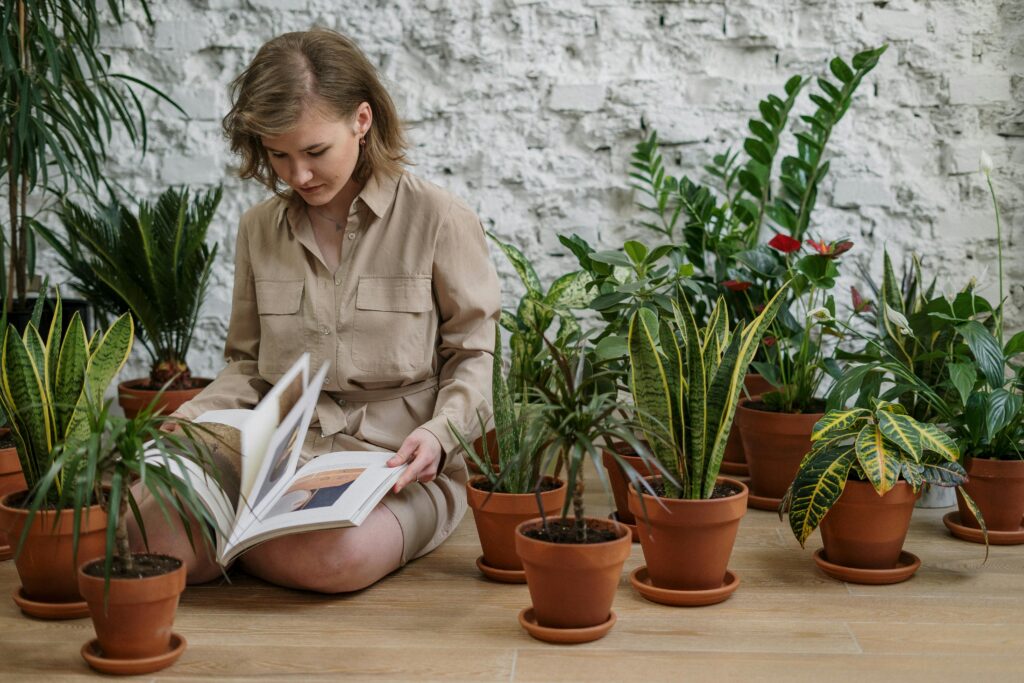Gardening is more than just a hobby; it’s a rewarding practice that offers numerous mental and physical health benefits. As we increasingly seek ways to enhance our well-being in a fast-paced world, gardening provides an opportunity to connect with nature, reduce stress, and promote mindfulness. This article explores the therapeutic aspects of gardening and how you can incorporate this fulfilling activity into your life.
1. The Connection Between Gardening and Mental Health
Research has shown that gardening can have a positive impact on mental health, providing both emotional and psychological benefits:
- Stress Reduction: Engaging with plants and soil can significantly reduce stress levels. The act of digging, planting, and tending to a garden allows for a meditative escape from daily pressures.
- Mood Enhancement: Spending time outdoors and connecting with nature can elevate mood. The physical activity involved in gardening releases endorphins, the body’s natural mood lifters, which can alleviate feelings of anxiety and depression.
- Mindfulness Practice: Gardening encourages mindfulness, a practice that involves being fully present in the moment. As you focus on planting seeds, watering plants, and observing growth, you cultivate a sense of awareness and appreciation for the natural world.
2. Physical Health Benefits of Gardening
In addition to its mental health benefits, gardening promotes physical well-being:
- Exercise: Gardening is a form of moderate physical activity that can improve strength, stamina, and flexibility. Tasks such as digging, weeding, and planting engage various muscle groups, contributing to overall fitness.
- Fresh Air and Sunshine: Spending time outdoors exposes you to fresh air and sunlight, which can enhance vitamin D levels and improve your immune system. Natural light also supports healthy circadian rhythms, promoting better sleep.
- Healthy Eating: Growing your own fruits and vegetables encourages healthy eating habits. Homegrown produce is often fresher and more nutritious than store-bought options, and gardening can inspire a greater appreciation for healthy foods.
3. Creating Your Garden Sanctuary
To reap the benefits of gardening, you don’t need a sprawling yard. Here are ways to create your own garden sanctuary, no matter the size:
- Container Gardening: If space is limited, consider container gardening. Use pots, planters, or vertical gardens to grow herbs, flowers, or small vegetables. This approach allows for creativity and makes gardening accessible in urban settings.
- Raised Garden Beds: Building raised beds can make gardening easier on the back and knees. They also improve drainage and soil quality, making it easier to grow a variety of plants.
- Community Gardens: If you lack space at home, consider joining a community garden. These shared spaces foster social connections and allow you to cultivate plants alongside fellow gardening enthusiasts.
4. Mindful Gardening Practices
Incorporating mindfulness into your gardening routine can enhance the therapeutic experience:
- Slow Down: Take your time while gardening. Focus on each task—whether it’s planting seeds or pulling weeds—allowing yourself to be fully present in the moment.
- Observe Nature: Pay attention to the sights, sounds, and smells around you. Notice the colors of the flowers, the texture of the soil, and the movement of insects. This practice deepens your connection to the natural world.
- Reflect and Journal: Consider keeping a gardening journal to document your progress, thoughts, and feelings while gardening. Reflecting on your experiences can enhance mindfulness and promote gratitude for your efforts.
5. Gardening as a Social Activity
Gardening can also be a communal experience, fostering connections with others:
- Workshops and Classes: Participate in local gardening workshops or classes to learn new techniques and meet fellow gardeners. These events often provide valuable insights and tips for improving your gardening skills.
- Garden Clubs: Joining a garden club can create a sense of community and camaraderie. Share experiences, exchange plants, and collaborate on gardening projects.
- Volunteer Opportunities: Many communities have volunteer gardening programs in parks or community spaces. Volunteering not only contributes to the community but also allows you to connect with like-minded individuals.
Conclusion
Gardening is a powerful and therapeutic leisure activity that promotes mental and physical well-being. By cultivating your own garden sanctuary, practicing mindfulness, and engaging with your community, you can reap the numerous benefits this fulfilling hobby offers. Whether you’re tending to a small balcony garden or nurturing a larger plot, the act of gardening can enrich your life and foster a deeper connection to nature and yourself.




